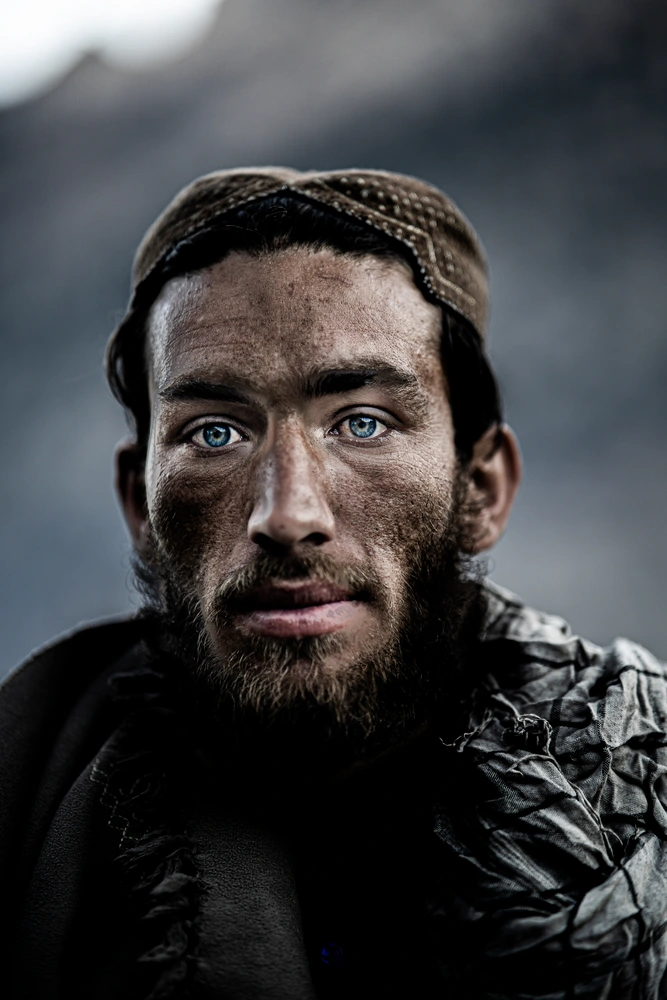
33.9391° N, 67.7100° E
Part two of a series on Afghanistan.
The first article discusses the Taliban and the weapons culture of Afghanistan
This article talks more about the policies of the Taliban and some of the 41 million people living under them – the Afghans themselves. Trying to document some of their lives.
Locals
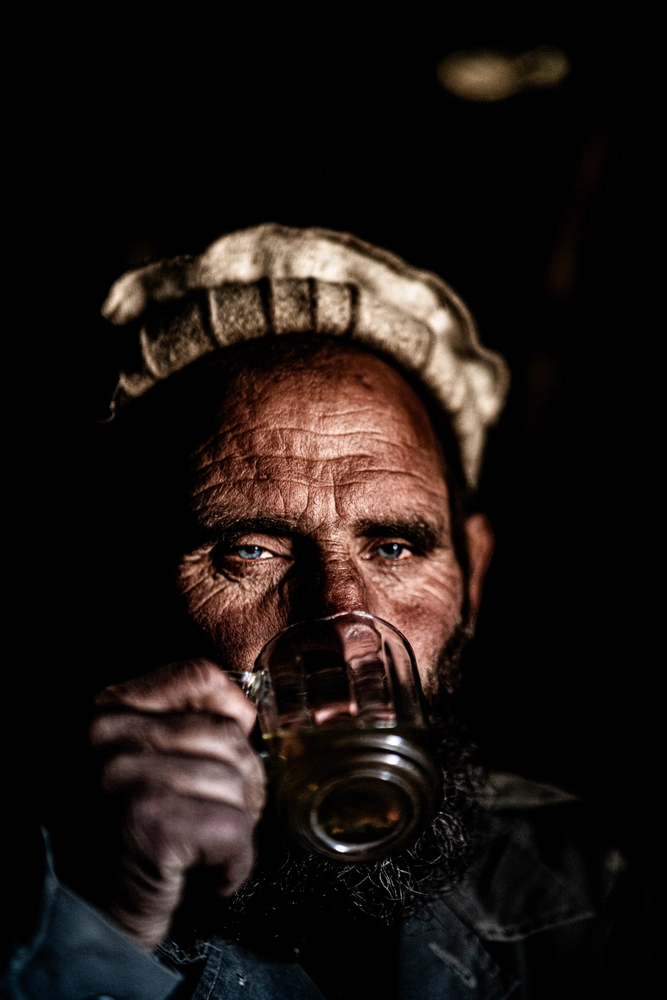
This Pakol [hat], popular among Pashtuns and other Afghans originated in Chitral and traces back to the Macedonian kausia from Alexander the Great’s era.
"We wear our Patoo everywhere—it’s more than just a shawl. Wrapped around us, it protects us from the cold and dust"
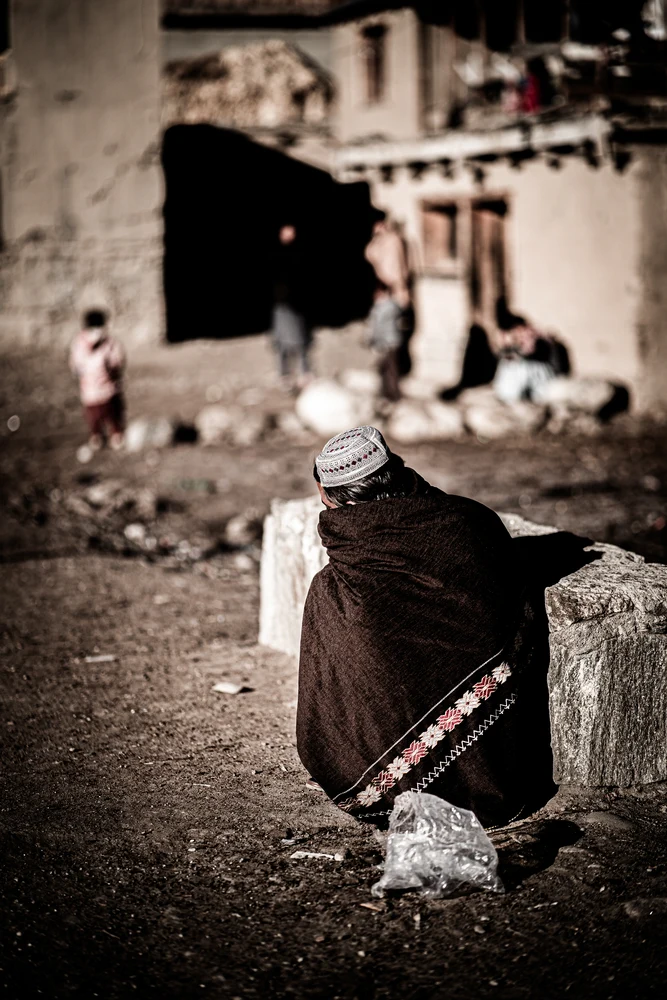
Afghan wrapped up in his shawl
I mostly used my Kandahari shawl to not reveal that I was a foreigner – and to not freeze
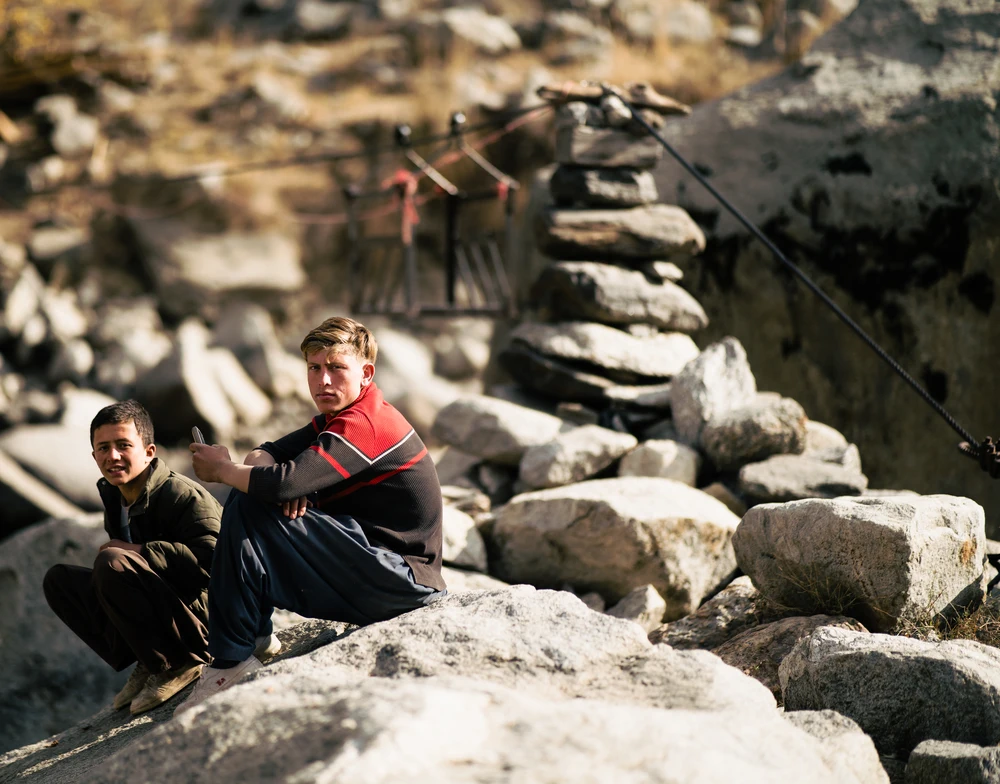
Up in the remote areas of Nuristan, you’ll find the supposed descendants of Alexander the Great’s soldiers. Blond hair, blue eyes. However not many are left on the Afghan side due to genocides and forced conversions. More on that in a dedicated article on my website.
Queers in Afghanistan
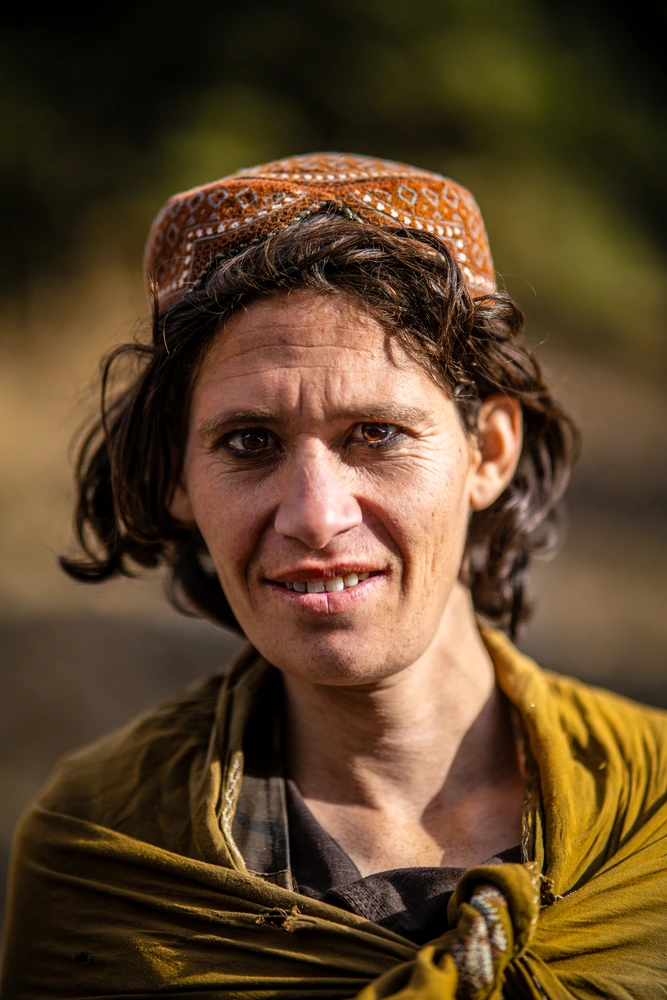
On a Truck ride through Nuristan, I encountered several people riding along in the car. One was a hardline Taliban fighter who had joined the organization at 13 because
“My uncle was martyred by the Americans, I had no choice but to join them and go to the mountains”.
After he had casually shown me a beheading video of an American soldier and Hamas child soldier propaganda, he addressed another person in the car [above picture]. The person was dressed poorly, with holes in the clothes and a patched scarf wrapped around the neck against the cold. In broken English using a translator the Taliban hardliner told me that (s)he was gay. Due to communication issues (s)he could have also been transgender.
But when asked, (s)he nodded. Let’s just say (s)he wasn’t allowed inside the truck, but had to hold onto what little grip there was on the backside of the pickup truck – having joined this person for a while, I can tell you it’s not a very pleasant ride through the mountains. Being queer is illegal in the country and usually gets you a death penalty, but I guess they let this one live.

Afghani queer
While having a conversation with the same fighter – currently a commander – he equated being gay with paedophilia. We had a long discussion, and he eventually said that if people are gay and simply marry a wife – but don’t act upon their ‘instincts’, they should perhaps be allowed to live.
Quite the contrast from my open-minded country where we (including me) are proud to be the first to legalize gay marriage.
NGO’S
So what about the car that took us through the mountains?
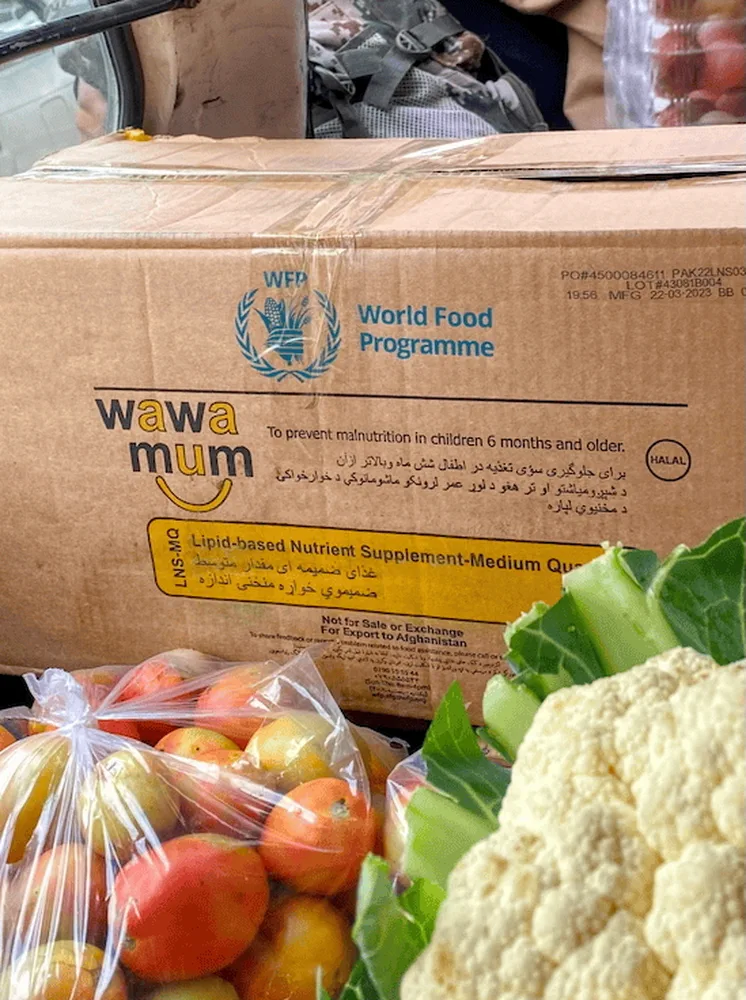
Misused World Food program package
The car carried six passengers and many bags of nutrient supplement donated by the World Food Program food. It was to be sold in the mountain shops and people were subsiding on it.
“Not for sale or exchange”
The label said
More things go against official policy though, because speaking of these NGOs which are supposedly building up the country. I met people working who bid on tenders (things to be supplied) for the NGO and in order to win the bidding, you have to bribe the procurement manager and give him 5% of the gross $. Not everything is worse now – during the American occupation it used to be that they asked to increase the profit margin to 30% – 20% of which would go to the procurement manager as a ‘gift’, and you get to keep 10% profit margins. I was notified that every single one of these NGOs functions like that.
Yet there’s always nuance, in Nuristan province I was hosted by a school built by the UN – some workers could sleep there and were fed bread from fortified flour supplied by the World Food program. When crossing the dust road out of the country I encountered around 100 food trucks from the UN – keeping the country alive that’s been mismanaged into oblivion.
NGO’S
Hazara girl
The Taliban’s ban on girls’ education is a disheartening step backwards for gender equality and human rights in Afghanistan, akin to trying to turn back the hands of a broken clock. Since their return to power in 2021, they’ve undone many educational gains, depriving millions of girls of learning and vital skills.
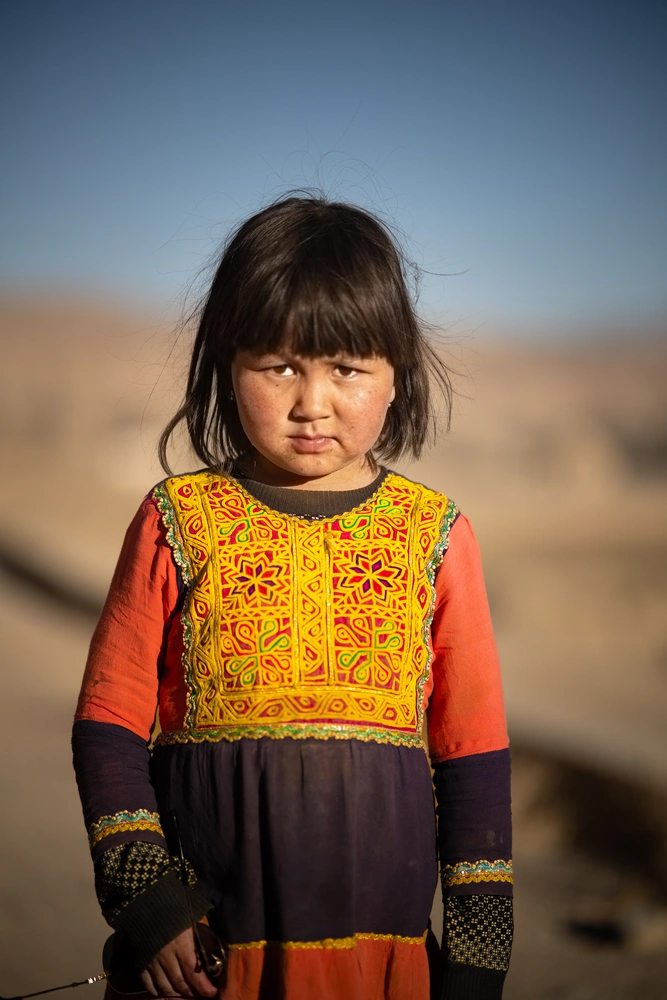
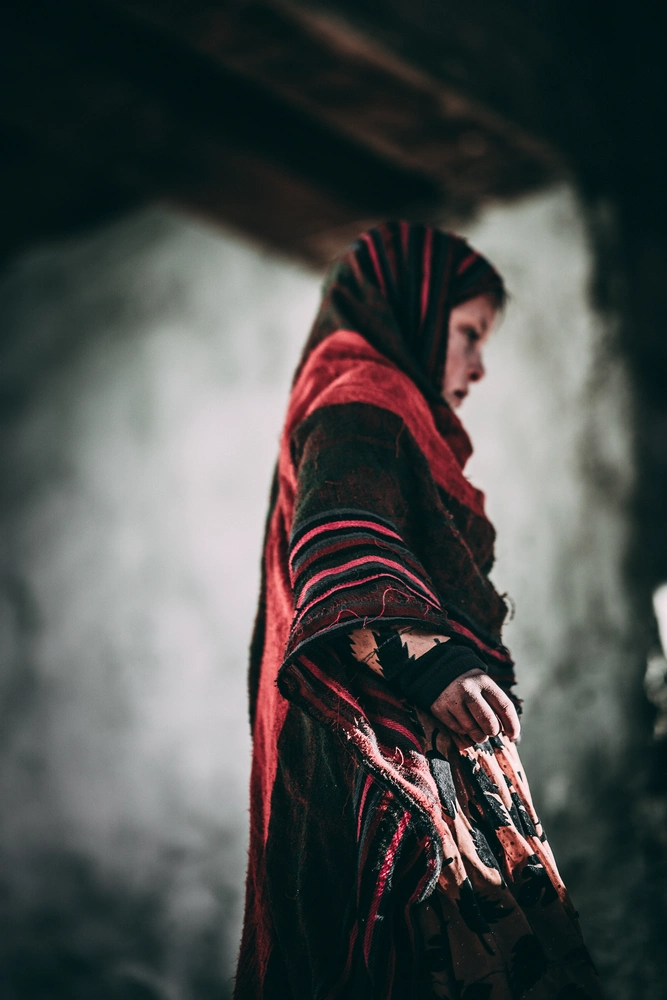
Afghan girl in Hijab
This policy perpetuates poverty and discrimination, essentially throwing the nation’s socio-economic progress out the window. Globally, it has turned Afghanistan into the neighborhood pariah, drawing widespread condemnation and worsening the humanitarian crisis. The international community urges the restoration of educational access for all Afghan children, knowing that the country’s future hinges on empowering its youth.
I was able to speak to some highly educated women in the capital who spent 20 years enjoying the fruits of freedom and democracy with master’s degrees and high governmental positions. They broke down in tears almost every day.
War victims
In front of a restaurant, I met an Afghan man who lost his leg to an improvised explosive device. As we sat outside a bustling kebab restaurant, I asked him about life under the Taliban’s rule.
“How do you feel now that the Taliban are back in power?” I inquired.
He sighed.
“The fighting has stopped Alhamdulillah [praise to God]. But there’s a lot of uncertainty and the economy is in ruins. We people struggle to find work, and our children have no future.”
I pressed further.
“Which is more important to you—security or freedom? Girls can’t go to school, there’s no music etc.”
He glanced at his missing leg before meeting my gaze.
“Freedom can perhaps be nice, but does freedom bring back my leg or feed my children? We have peace now for the first time since I was a child – we Afghans are strong – we endure – we are strong as Iron.”
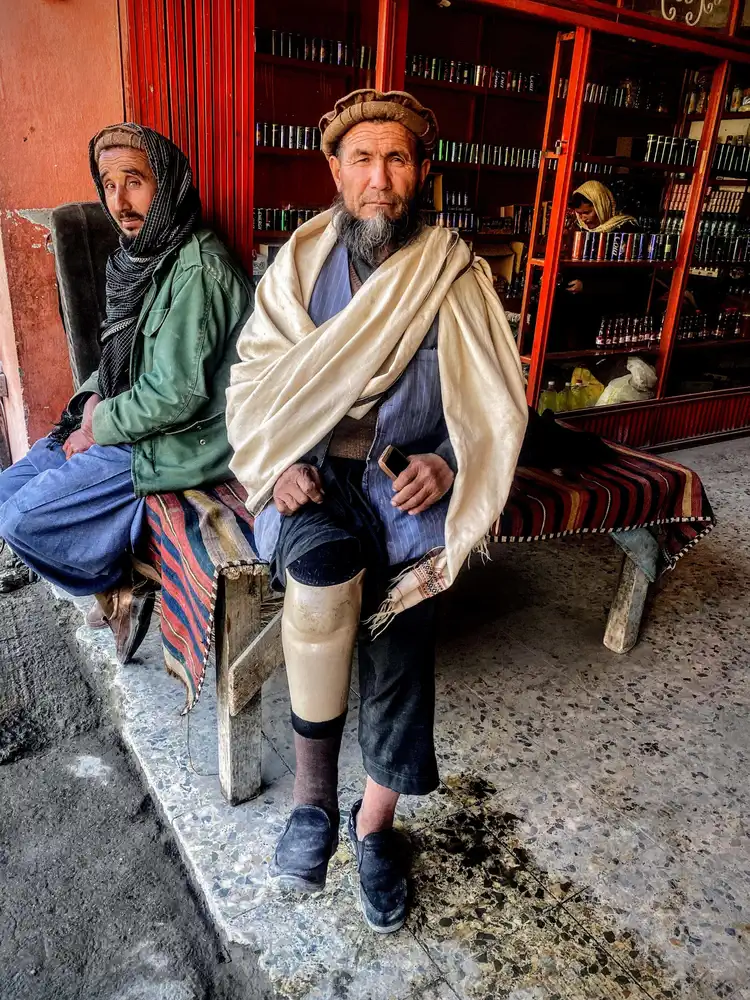
Afghani leg amputee
Bamyan
34.8100° N, 67.8212° E
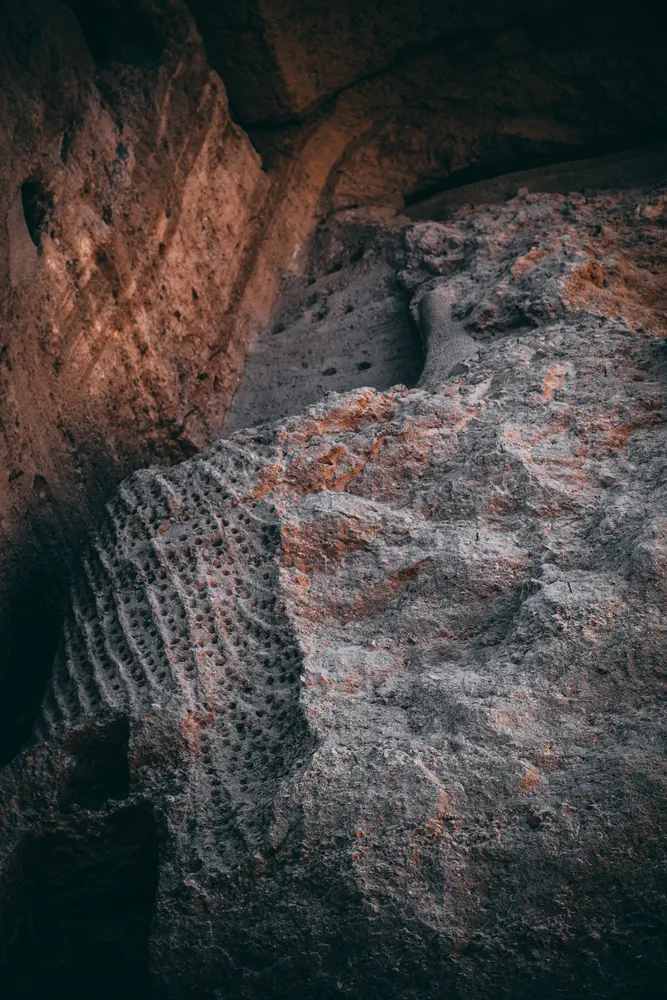
Remains of the Buddha
55-metre (180 ft) “Western Buddha”
The Taliban’s destruction of the Bamyan Buddhas in 2001 was a dramatic assault on cultural heritage and history, driven by their extreme interpretation of Islamic iconoclasm. These majestic Buddha statues, carved into the cliffs in the 6th century CE, once stood as towering symbols of art and spirituality along the Silk Road. Built between 507 and 554 CE, they served as pilgrimage sites for monks, who visited and built thousands of caves in the surrounding mountains to meditate and live. I visited the site, and now, where these grand figures once stood, there are only gaping voids in the cliffs—a stark reminder of the fragility of human achievement in the face of fanaticism.
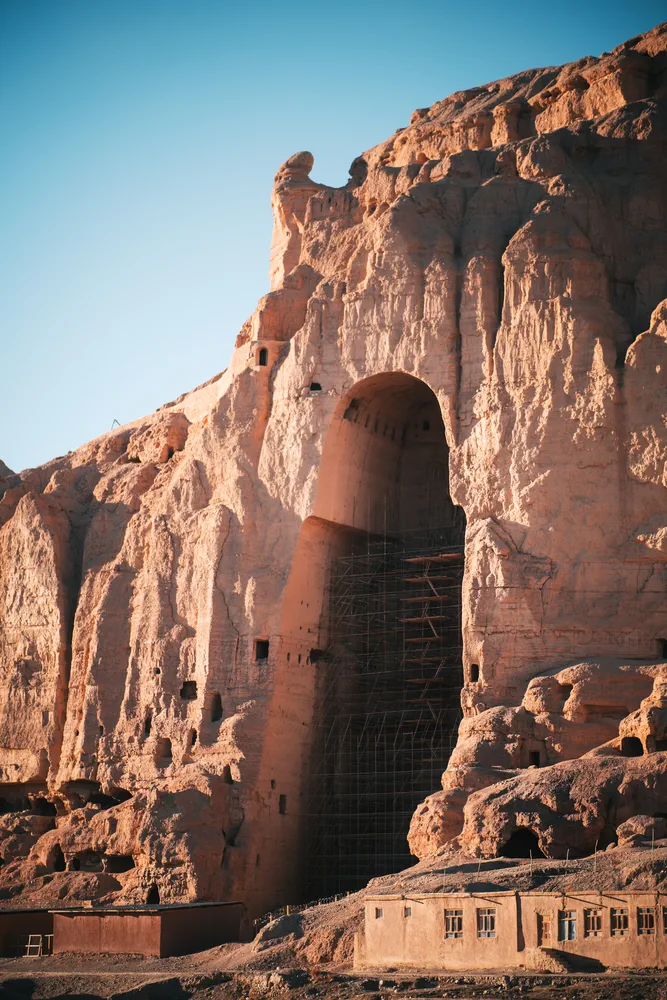
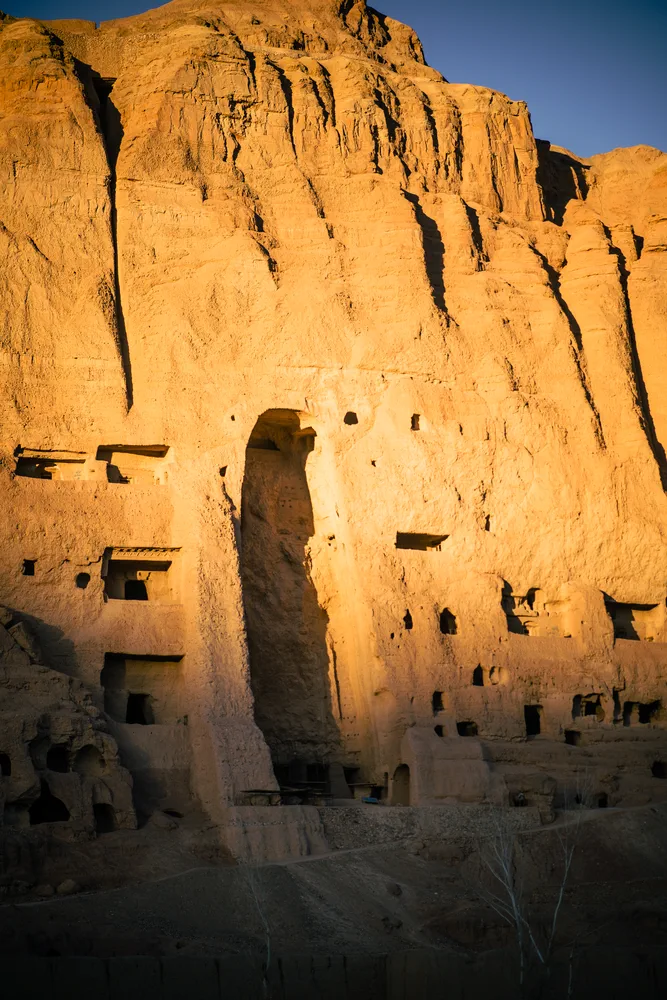
38-metre (125 ft) “Eastern Buddha”
The interesting thing is that the Taliban had so many years to destroy it (twice), but one can still identify that it was once the Buddha. Similar to ISIS [Destruction of Palmyra and other places], Islamic extremists aren’t that good at fully executing a destruction job. But still – where was once a gigantic Buddha statue, now rests nothing.
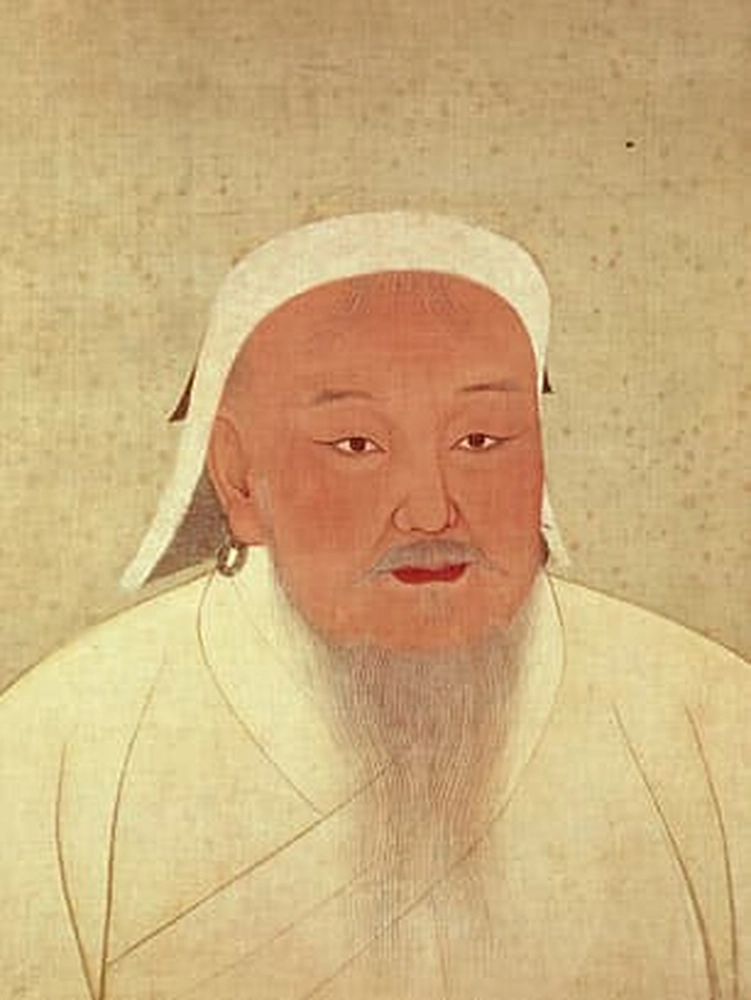
Ghenghis Khan
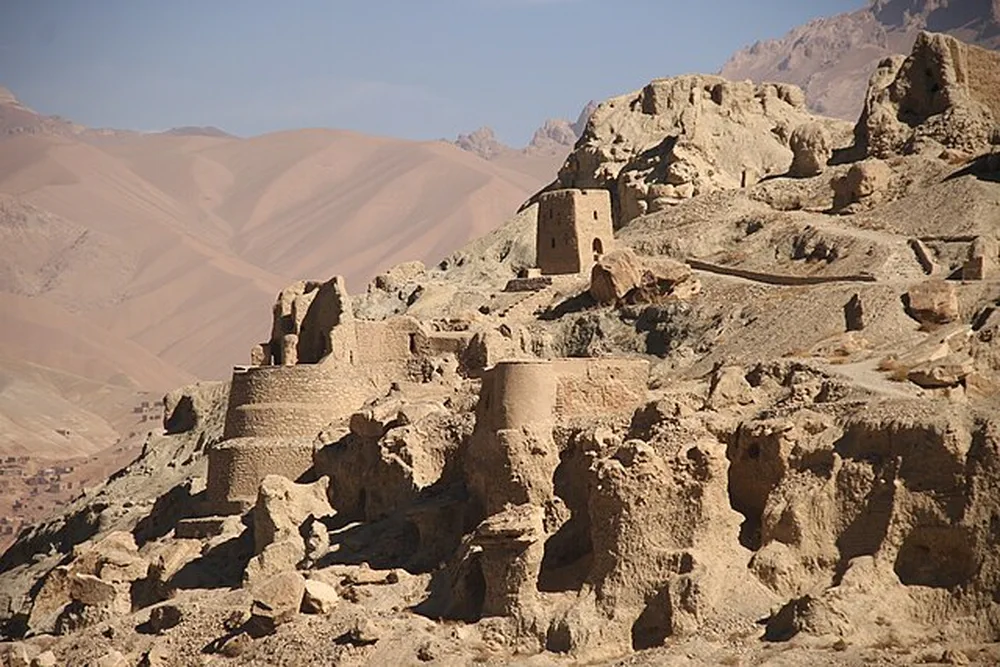
Gholghola
But to bring that into perspective; In 1221, during the Mongol conquest of Bamyan, Mutukan, the favoured grandson of Genghis Khan, was killed by the local defenders in Gholghola. Enraged by this loss, Genghis Khan ordered the complete massacre of the inhabitants of Bamyan.
The Mongols complied brutally, slaughtering most of the local population [which explains why the modern inhabitants (Hazara) look like East Asians]. The city itself was subjected to extensive destruction, with buildings and cultural monuments reduced to ruins. The devastation of Bamyan served as a grim warning to others about the severe repercussions of resisting Mongol (or in this case, Taliban) rule.
And to go full circle, the Hazara people are one of the most prosecuted minorities in Afghanistan and are ethnically cleansed – especially around the time of the destruction of the Buddhas, but also continuously.
Salang tunnel
In the North of the country, there’s an extremely important tunnel called the ‘Salang tunnel’, if you want to go from north to south, you have to go through there. Build many decades ago by the Soviets, it required extensive maintenance or it would potentially collapse
The roads leading up to it were scattered in USAID shipping containers – some used for housing or shopping areas, these paths were remote and difficult to cross.
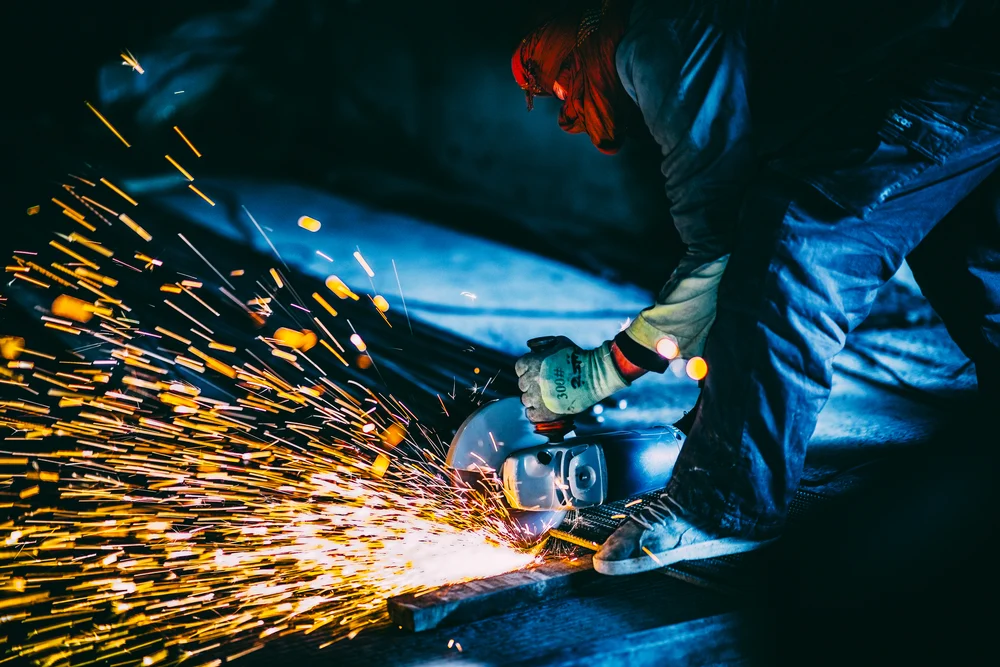
The TV team and I were met with heavy resistance from the manager who didn’t allow us to film at first, but other people would open up later and tell me about the struggles for this project.
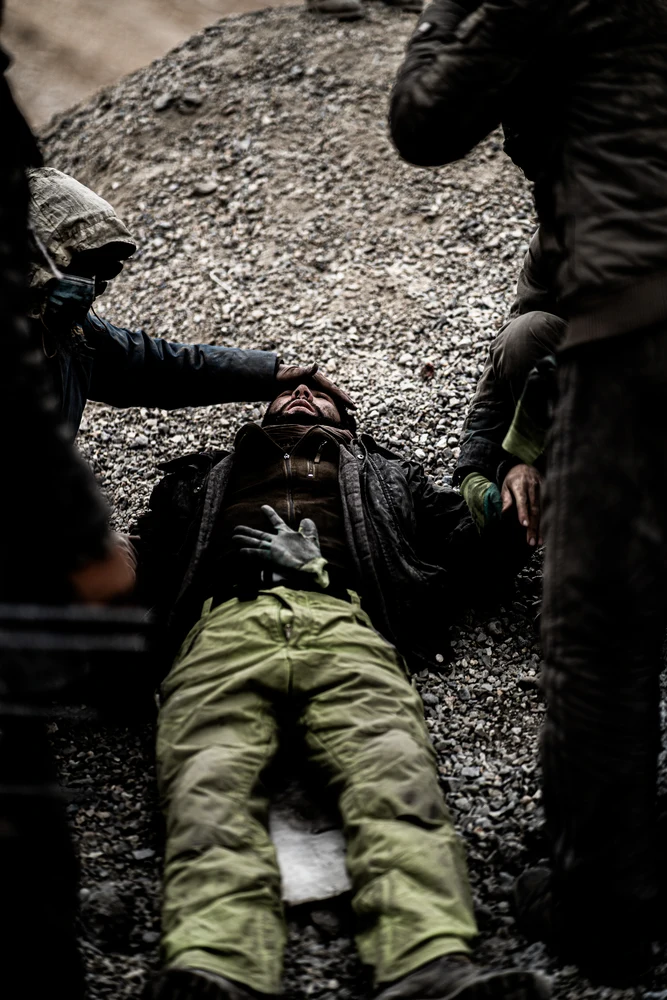
Death
My sources informed me that the man didn’t make it. I would assume it was because of the extreme dust, chemicals and cold – my lungs also didn’t like that. And I could imagine working there for an extended period wouldn’t help either.
Collapsed worker
The problems were myriad – from late deliveries to extreme dust and temperatures that plagued the workers. Not even mentioning the Taliban ‘managers’ who know a lot about mountain guerilla warfare, but perhaps less about renovating this tunnel. While I was there a worker collapsed and had to be carried out quickly.
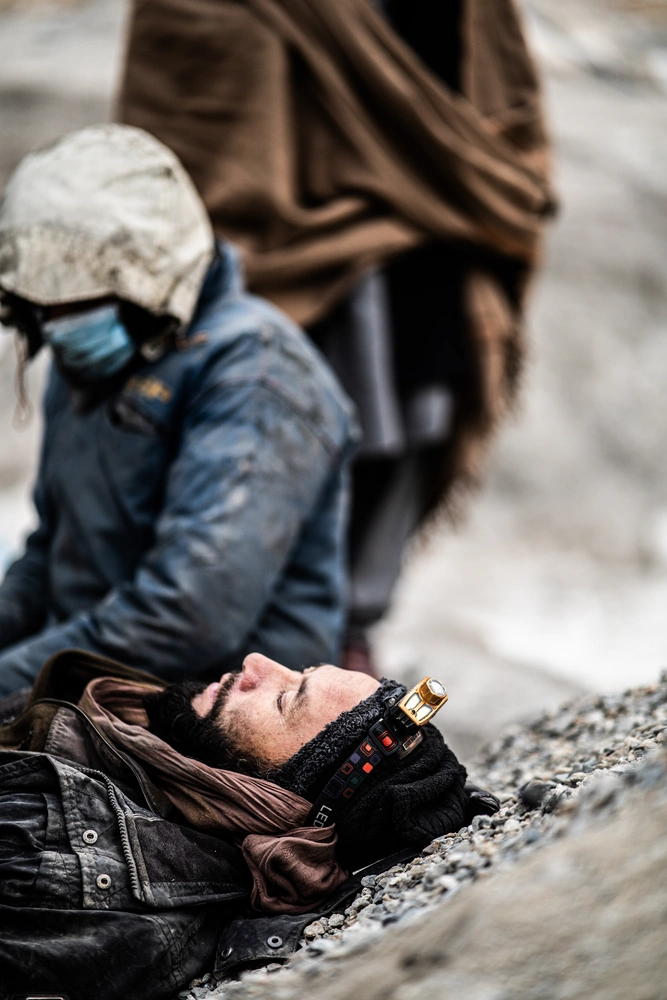
Dust road
Due to the extended closure of the Salang Tunnel, travellers like me had to take a lengthy detour through the so-called ‘dust street.’ This ancient road through the mountains was entirely composed of dust, likely pulverized stone from years of overuse. The road was full of potholes, making it extremely unstable and dangerous. To make matters worse, the route ran close to a river.
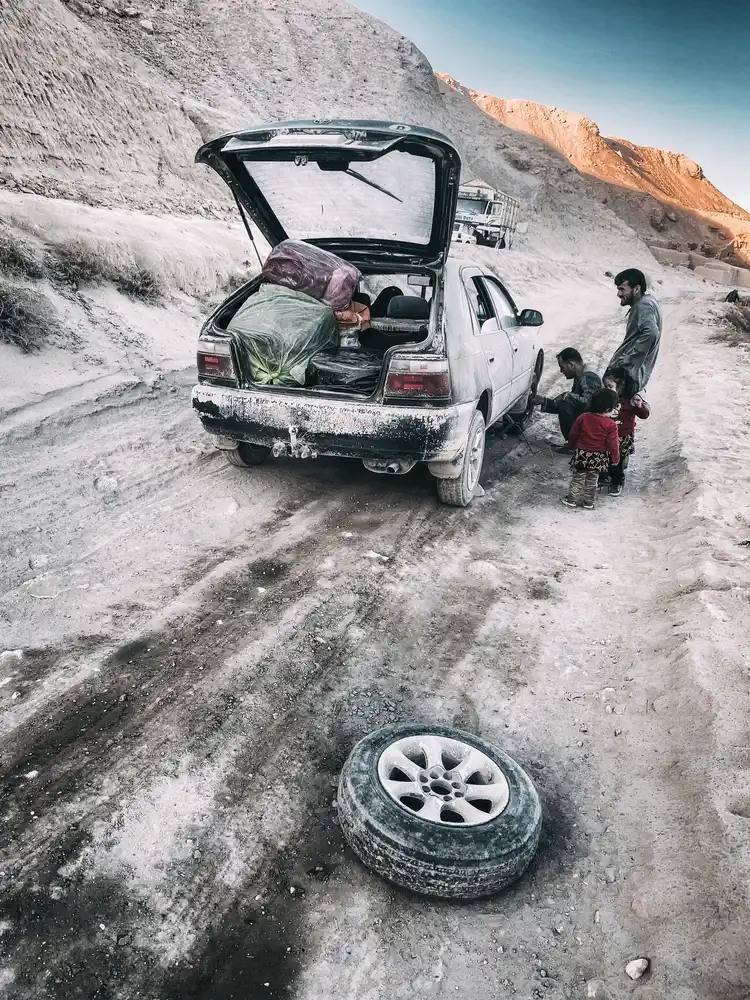
Afghan ‘dust’ road
Despite the significant unemployment in Afghanistan, where young, able-bodied men could take up shovels to repair roads and infrastructure – much like the Civilian Conservation Corps (CCC) did in America – the only workers I saw on this dusty path were children wielding shovels (long live child labour I guess). The mismanagement (or not managing things at all) by the Taliban has left the country in disarray, with vital infrastructure neglected and no organized efforts to address these issues. This 200 km journey took two full days to cross, and the dust left me with a bad lung as a result.
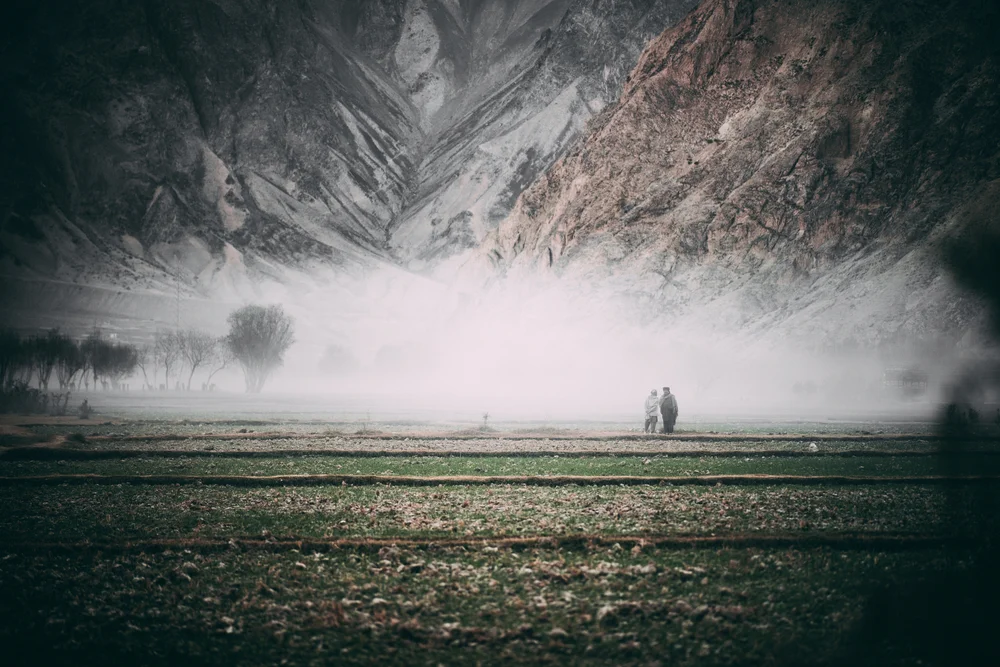
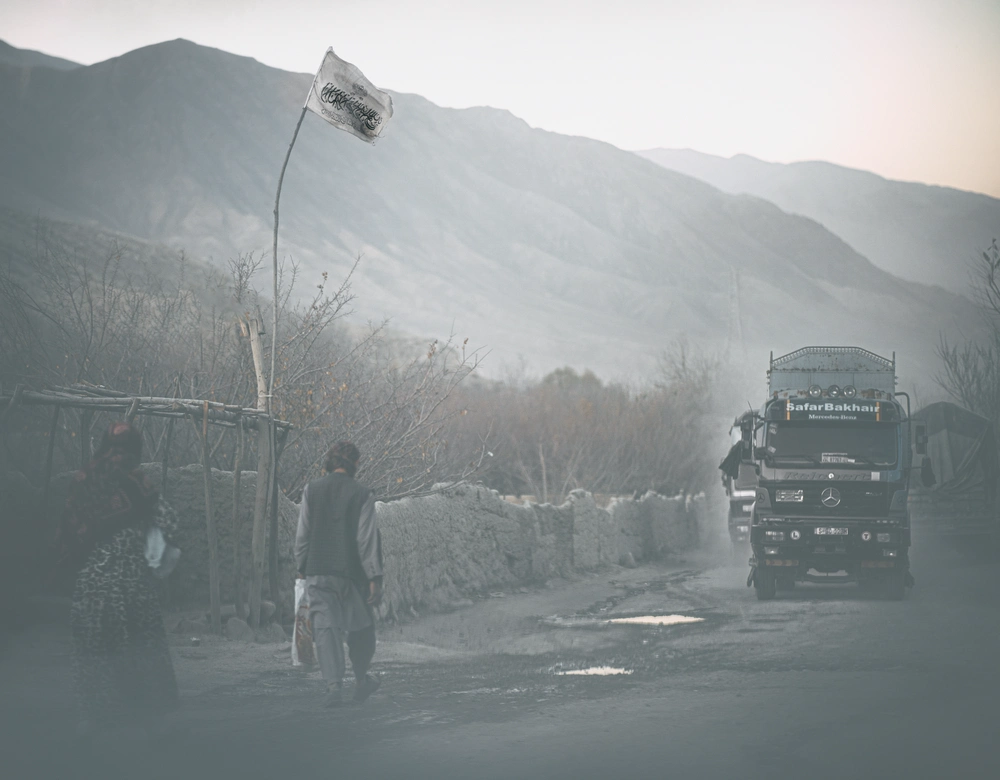
Was it worth it though?
The head engineer was very afraid that the Taliban wouldn’t let them wait for the concrete to have hardened for weeks – permanently damaging the concrete and requiring another renovation, which is very difficult due to the extreme conditions.
Bacha Bazi – dancing boys
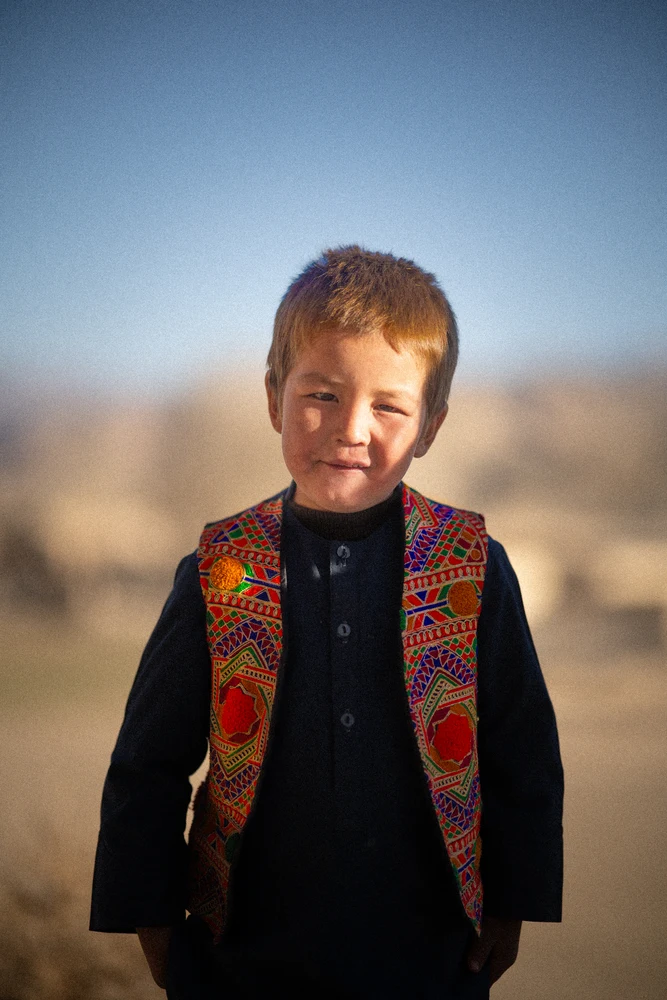
Hazara boy - Bamiyan province
Bacha Bazi, a practice involving the sexual exploitation of young boys by older men, has roots in certain Afghan cultures, particularly among some Pashtun communities and powerful warlords. During the American occupation, soldiers were often instructed to ignore this practice, despite its blatant human rights violations. There are accounts of soldiers having a mental breakdown after hearing the screams of the boys who were brought into the rooms for ‘entertainment’, and they weren’t allowed to do anything about it.
In stark contrast, the new Taliban government has imposed a strict ban on bacha bazi, framing it as part of their broader campaign to enforce their interpretation of Islamic law and morality. While the Taliban’s overall governance is widely criticized, not everything is fully mismanaged; their decisive action against bacha bazi highlights a commitment to eradicating this deeply entrenched abuse.
Landscape
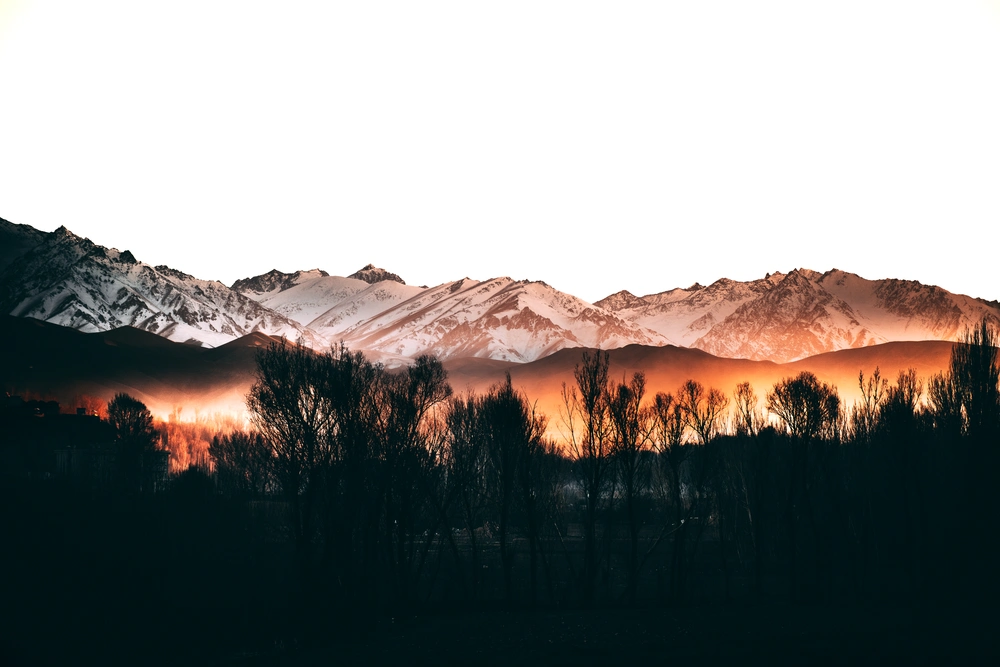
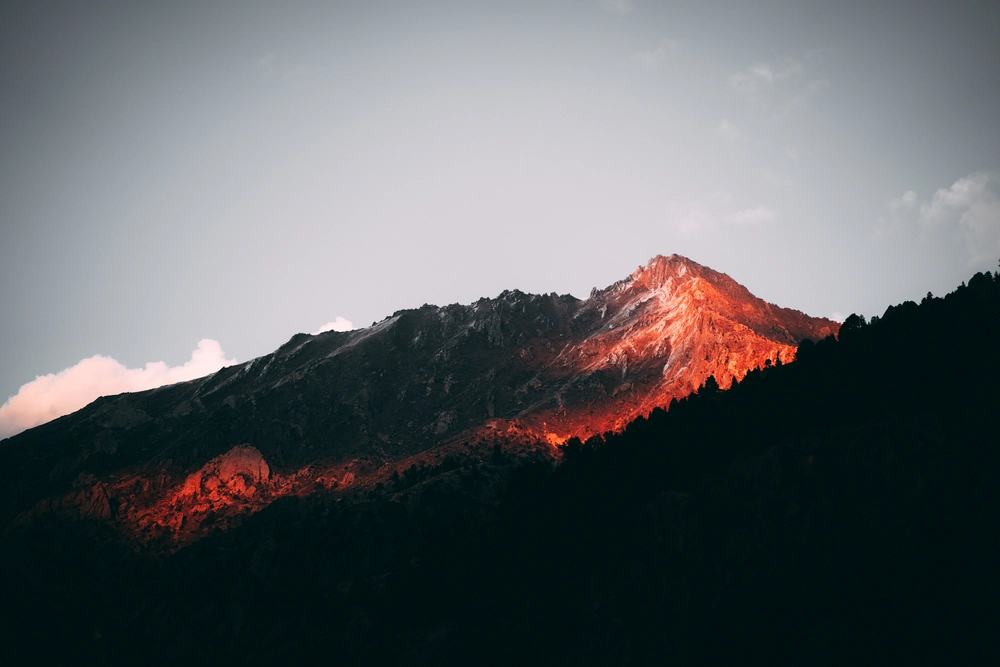
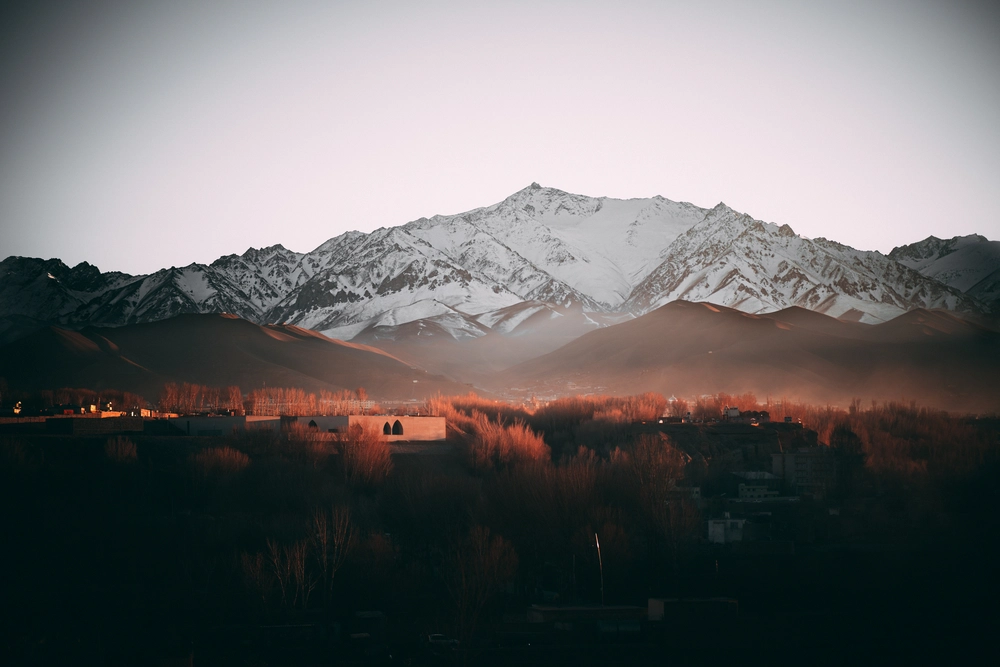
While Invaders have often captured key cities like Kabul, maintaining control over the mountainous countryside has proven nearly impossible.
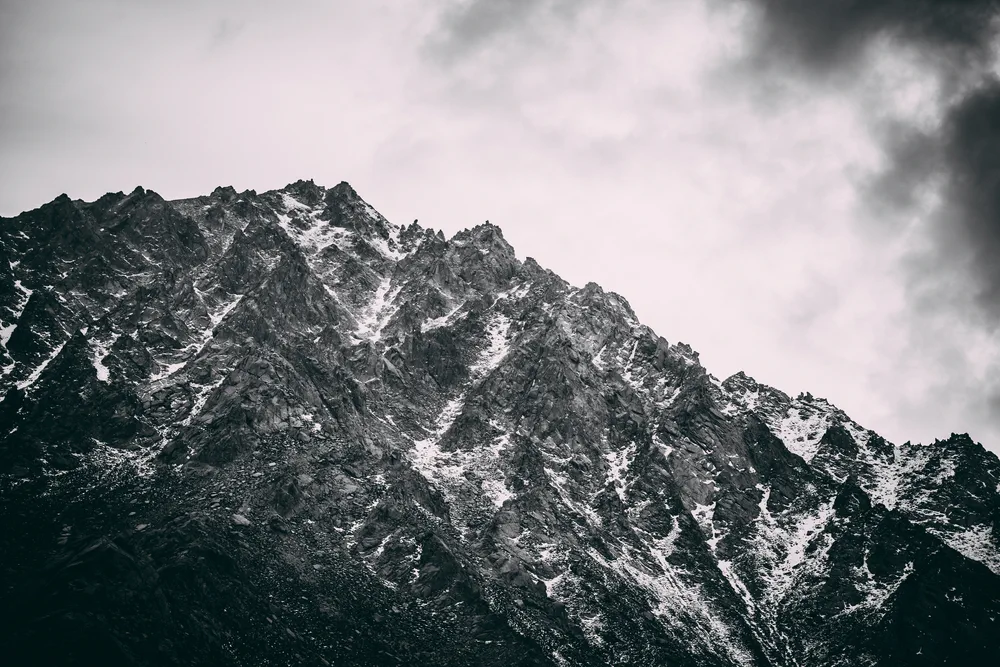
The rural areas, where a majority of the population resides, are difficult to access and control due to the treacherous terrain and harsh weather conditions. Local fighters, adept at using the landscape, launch effective hit-and-run attacks, making it nearly impossible for foreign armies to secure lasting victories. Afghanistan’s topography has consistently served as a powerful ally to its people, ensuring that no empire could fully conquer the nation.
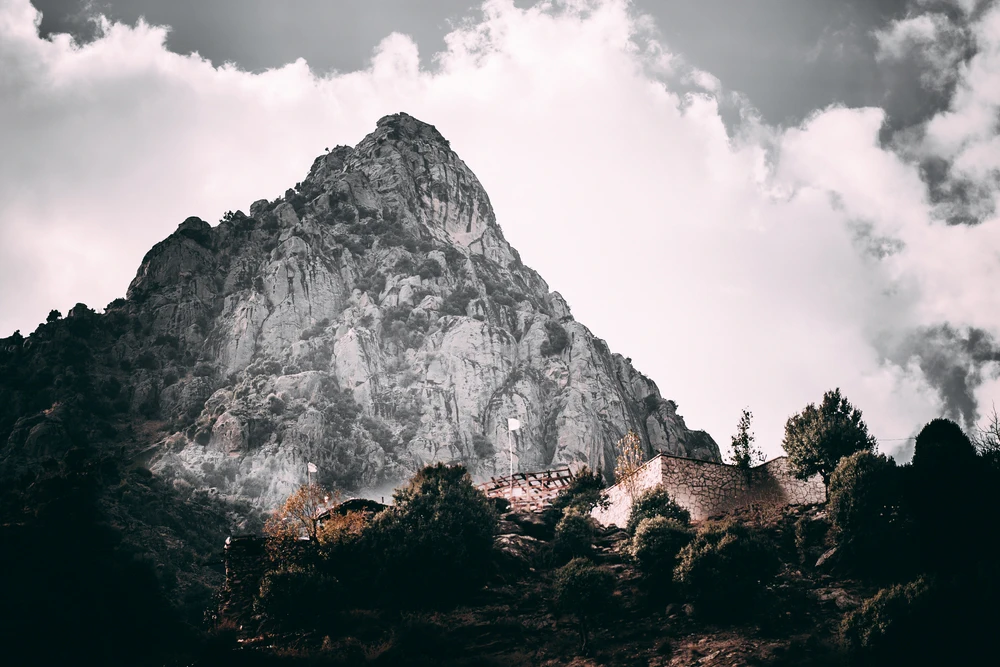
Moreover, the country’s landscape is incredibly stunning, with its dramatic views and breathtaking scenery adding a unique beauty to its formidable terrain.
A big problem with such a large country is pollution. I encountered a myriad of people who would toss their trash everywhere, even in the places which they regarded as a national treasure. When confronting them, they would frequently say “Oh, but there is no dustbin; everyone does it”. “Doesn’t matter – go pick it up”, I would press on to a person who had a good education, but he refused nonetheless. When discussing this with my translator he would tell me that this was bad and Afghans had become lazy and simply relied on the government to fix all their problems.
He would later on specifically throw trash in a river which went to Pakistan because he hated Pakistan.
Ending
And about these military checkpoints – I certainly didn’t take any photos of them. Well – at least not at that moment when it mattered
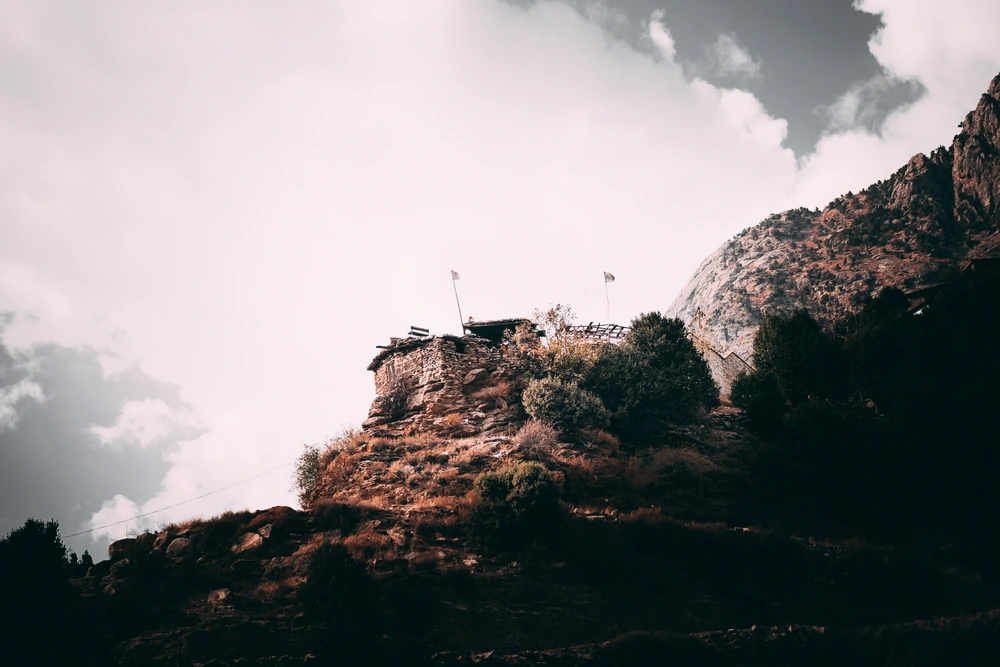
The scarf and hat were generously given to me by the Taliban head of police of the Pansjir Valley. His religious leader (Mullah) was there at the time. For hours he tried to convert me to Islam and eventually, he told me that because I was unmarried at 30, he would provide me with the most beautiful woman in Afghanistan if I converted to Islam.
Thinking it was a joke, I joked [back] that “In Islam, you can have four wives!”
He lifted his head towards his friend, the powerful head of police of the Pansjir valley – who had a lot of blood on his hands – then back to me
“That can be arranged”, he said
I could end the article with a semi-witty joke about if traditional dating fails me, but I’m just going to say that this shows that a woman is worth nothing in Afghanistan.
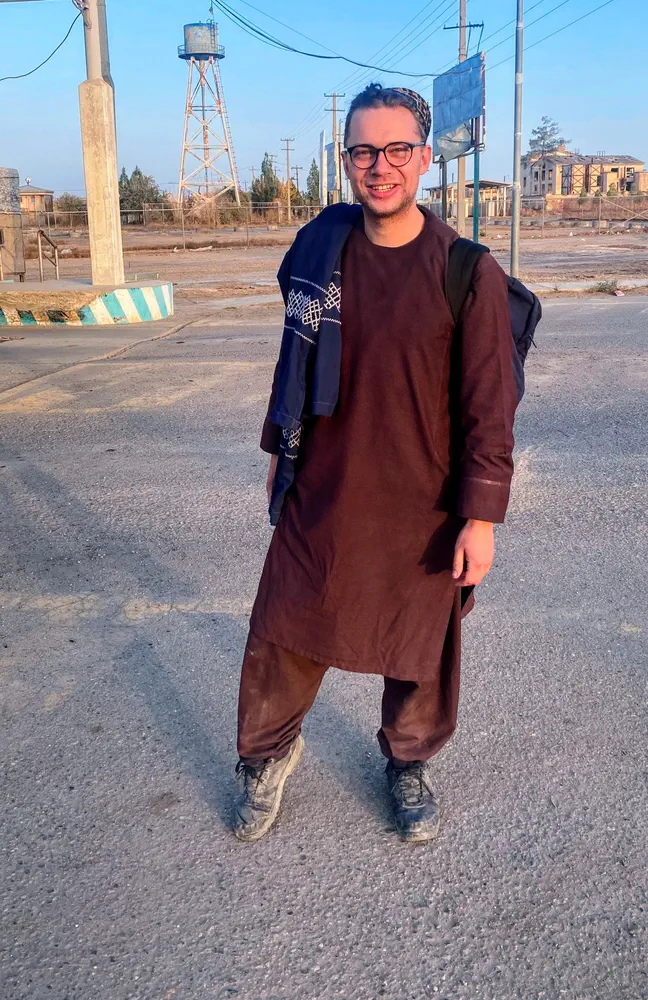
Joël Gugler (me)
How I ended up dressing after nearly being executed in Kabul – when I kept my mouth shut, the locals (and Taliban) didn’t suspect me to be a foreigner.